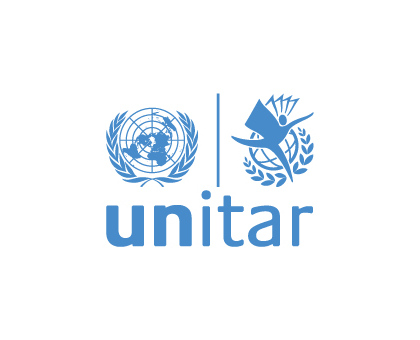
CIFAL Victoria - Governance for Planetary Health Course
This graduate university course provides students a foundational understanding of Planetary Health from an interdisciplinary lens. Focuses on transformative governance strategies embracing the environmental, political, economic, social and cultural dimensions to achieve high standards of health, well-being, equity and ecological prosperity. Explores pathways and policy solutions at the local, regional, national and global levels for reconciling natural and human systems.
When you have completed this course, you should be able to:
- Examine your relationship to the natural environment and analyze your accountability to the land;
- Define planetary health from multiple perspectives;
- Synthesize the literature regarding the historiography and goals of planetary health;
- Critique innovative governance strategies for achieving equitable planetary health;
- Explain matters of power dynamics, relationality, violence, resistance, resurgence, and critically evaluate these matters in relation to pathways and policy solutions for planetary health; and
- Envision a socially and ecologically just future through governing for planetary health.
Seminar and public symposia
Throughout the course, you will be encouraged to question whose knowledge is recognized (or excluded), and under what conditions is knowledge produced, legitimized, communicated, and acted upon.
In keeping with the course’s design as a critical conversation between everyone, respectful preparation and rich discussion is essential. Please keep in mind that each of us bring a different background, familiarity with course content, and level of comfort with public speaking. I believe everyone has something valuable to bring to the discussion. We should all avoid dominating discussions or shutting down other members of the class, and work towards opening up conversations. Thus, I will be using an informal talking circle format in most of our in-person seminar-style classes.
Graduate students

